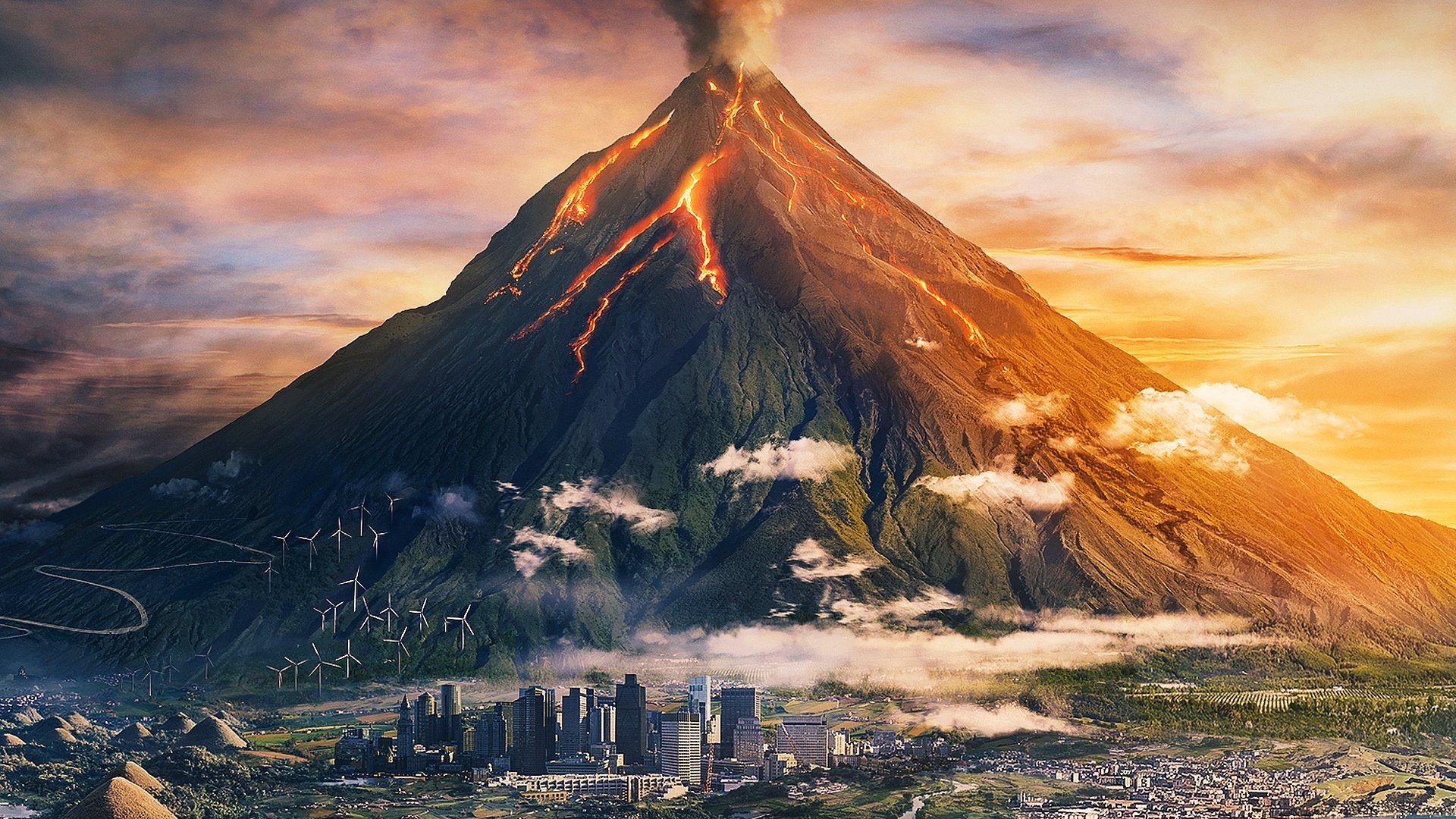



Sea levels will rise, at first flooding coastal tiles and eventually leaving many of them completely underwater. As those emissions rise, tallied by the new World Climate report that tracks the cumulative contributions of each civ and resource, the world will progress through up to seven phases of climate change. Once you start burning coal and oil to fuel both the power plants in your industrial districts and the battleships and tanks that comprise your military force, you start pumping carbon dioxide into the atmosphere. These weather events pass in a couple of turns, potentially reducing your population, injuring units and pillaging improvements, but they can also fertilize tiles to reward you with greater yields in future.īut weather is not climate. Early on you'll encounter floods, hurricanes, blizzards, and endure the odd drought or volcanic eruption. The World Climate system is the most meaningful change, but it doesn't really kick in until you've started extracting strategic resources like coal and oil. As an expansion focused on consequences, however, it can take some time for the new stuff to make its presence felt. Gathering Storm encourages you to “play the map," taking advantage of the surrounding resources, and then adapt the repercussions of your decisions reflected on that map. Your path to victory in Civ VI was predictable once you'd established the foundation of your empire by the Modern Era, but the new World Congress and World Climate systems add enough dynamism to keep you working right up to the new Future Era. And with its new World Climate system, Gathering Storm makes you accountable to the world itself by hitting you-sometimes painfully hard-with the calamitous consequences of exploiting the map's rich resources. Through the institution of a World Congress, Gathering Storm lets leaders reward and punish each other for certain actions, allow them to pass sweeping resolutions that affect every civilization, and ultimately secure their diplomatic favor. This kind of accountability is extended in multiple directions with Gathering Storm, the second major expansion for Civ VI. Players who took their citizens' loyalty for granted would find themselves leading no one. Settlements on the fringes of an empire could, if they liked what they saw across the border, decide to rebel. Operating in isolation was no longer possible. Last year's Rise and Fall expansion added some complexity to the tale with the introduction of its Loyalty mechanic. Beyond that, however, you could go about building your empire mostly unconcerned with any repercussions to your decisions. Be rude to the other leaders and they would soon refuse to deal with you. Fail to keep your people happy and they would put down their hammers and raise pitchforks. Civilization VI told a straightforward story of the consequences of your actions.


 0 kommentar(er)
0 kommentar(er)
